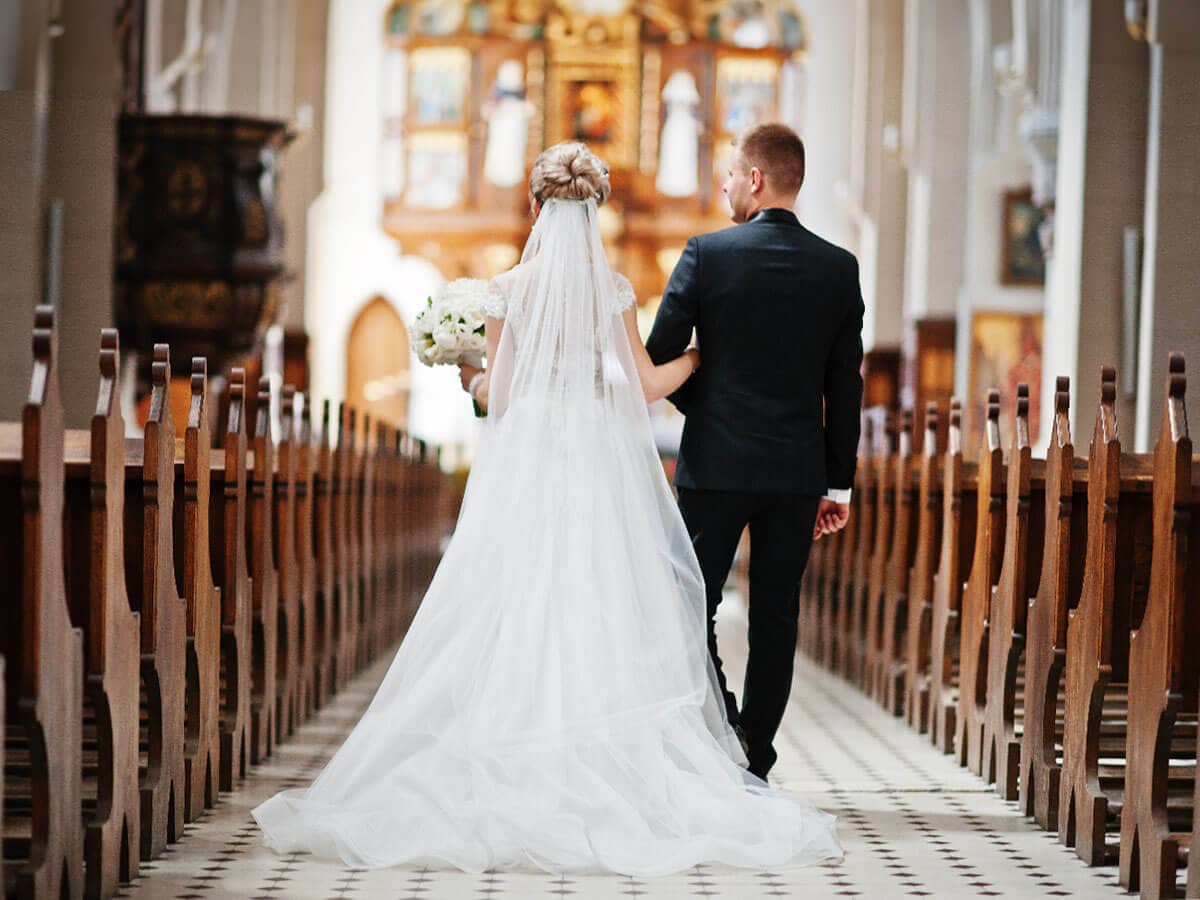A. Does Rumi really mean that we should be glad to have cancer, glad to be ill, or grateful for tragedy? This is a troubling explanation, especially to the person who is suffering with a life threatening illness. It falls into the same category of misguided comments as "God must love you very much" or "Your cancer is a gift." Comments like these make me angry. As a friend said, "If cancer is a gift, then where is the 'Returns' department?" Rumi's poem is pointing in a different direction, not to the event itself, but how we relate to it.
What does Rumi mean when he says being human is like being a guesthouse? Is this guesthouse regal and imposing like the Ritz Carlton? Those sorts of hotels are never featured in Sufi poetry. In fact, buildings that are neat and tidy are somewhat laughable, because the mystic knows that everything decays except the spirit. For the Sufi, this eternal spirit is not separate from, but part of the temporal. It is not that we find heaven after death, but that heaven is here on earth, embedded in all of existence.
Have you ever gotten lost in a fancy hotel and accidentally stumbled into a back room storage area? The elegance turns out to be superficial, only one aspect of the whole place. The messy back room gives the same shock as a cancer diagnosis. The lesson is that both co-exist, the gorgeous lobby and the messy back room. One does not negate the other.
Illness does not negate life. We do not invite illness, nor welcome it. But if illness does come as a surprise visitor to our guesthouse, our job is to welcome ourselves--the changed selves we become as we live with a more immediate sense of the fragility of life.
A life threatening illness brings up the precariousness of our existence in the most immediate, visceral way. It is one thing to know philosophically that everyone will die. This is quite different from the realization that this unique body that is "me" is going to die, and there is nothing I can do to prevent this. How is it possible to believe in life while maintaining a full awareness of our tenuous fragility? In our culture, we have little training in how to live with the thought of death.
At first, we might try to turn our guesthouse into a fortification. We can try to banish unwelcome guests like illness and death. But, despite our best efforts, despite years of surgery, chemo, or herbs, exercise, and dietary change, they can come back. That which we banish returns as fear. Ask people who are in remission from cancer. You will find that many of them are haunted by a fear of recurrence.
Only after this phase of accommodation can we genuinely welcome our uninvited guests. These guests are parts of ourselves that we are just getting to know. This is what is meant by cancer as a "gift," not the illness, but what we are able to bring to and take from the experience.
We all wish for the gentle way in life so we can learn from joy and prosperity. But we must also expect unruly guests. When we have hope in the most desperate situation, when we know that what seems solid can collapse in a moment, when we fully accept that death co-exists with life, only then can we welcome all guests with gratitude. This gratitude is for what we are about to learn. As Rumi tells us at the end of his poem, "Meet them at the door laughing, and invite them in. Be grateful for whoever comes, because each has been sent as a guide from beyond."
Poetry quotes from "The Illuminated Rumi," translations and commentary by Coleman Barks, illuminations by Michael Green. New York: Broadway Books, 1997.

